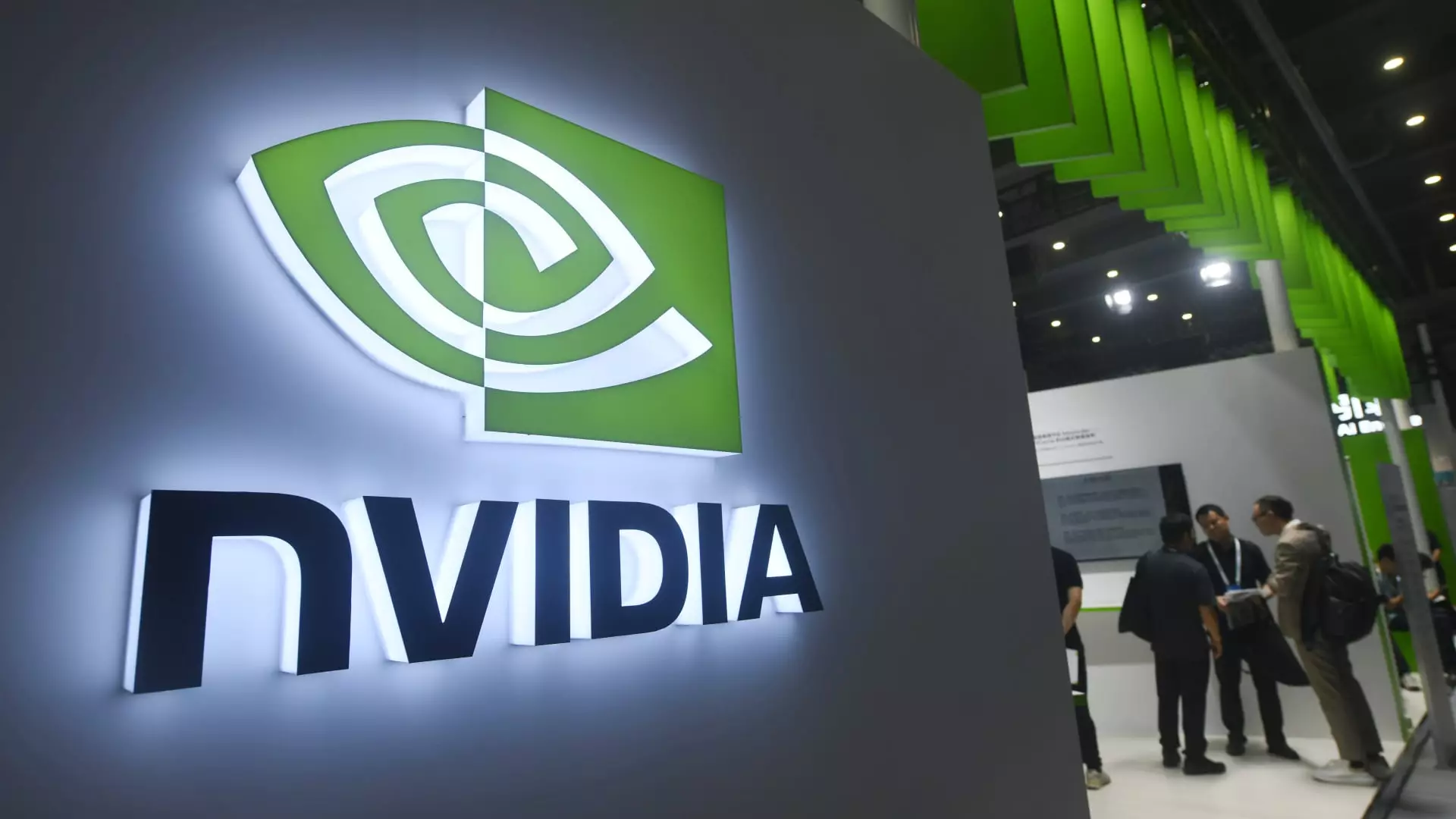The healthcare landscape is on the verge of transformation as major tech players, including Nvidia, Google, and Microsoft, prepare to unveil their latest artificial intelligence (AI) innovations at the HLTH conference in Las Vegas. Scheduled to kick off this Sunday, the event is projected to attract upwards of 12,000 participants deeply entrenched in the health technology sector. With a focus on alleviating the administrative burdens that plague the medical profession, this year’s conference promises to highlight AI as an essential tool for enhancing efficiency and ultimately providing better patient care.
Healthcare professionals often find themselves overwhelmed by the sheer volume of administrative tasks required to maintain effective operations. Responsibilities such as managing patient records, communicating with insurance companies, and adhering to a complex array of regulations can consume hours each week. A recent survey revealed that clinicians spend nearly 28 hours per week solely on administrative duties, with an overwhelming 80% expressing concern that this time detracts from patient interactions. The resulting exhaustion and burnout among healthcare providers have significantly contributed to a projected 100,000-worker shortfall by 2028, as noted by consulting firm Mercer. The challenges presented by siloed data systems further complicate these issues, rendering it difficult for healthcare workers to access and utilize the information they need in a timely manner.
As industry leaders descend upon HLTH with aspirations to innovate, generative AI tools are set to take center stage. Google, for instance, is launching Vertex AI Search for Healthcare, a system designed to facilitate seamless access to diverse medical records—eliminating the headaches associated with navigating multiple platforms. This tool is not merely a surface-level solution; it promises to radically change the way healthcare professionals retrieve information, ultimately allowing them to focus more on patient care rather than paperwork.
Similarly, Microsoft is unveiling a suite of tools intended to streamline the administrative processes for healthcare workers. With innovations ranging from medical imaging software to automated documentation solutions, Microsoft is drawing on its acquisition of Nuance Communications to bolster its offerings. Nuance’s DAX Copilot, which converts spoken patient interactions into comprehensive notes, is indicative of the kind of advanced technology that could reshape documentation practices within the industry. By minimizing the time required for record-keeping, healthcare providers can spend their valuable hours attending to patients.
As the potential for AI in healthcare expands, competition among tech innovators is intensifying. New startups such as Abridge and Suki are quickly gaining traction by developing their own AI scribe technologies. Abridge, which has secured significant investment from Nvidia’s venture arm, showcases the speed at which these solutions are being adopted within the industry. Founders like Dr. Shiv Rao of Abridge have declared the current moment historic in terms of AI’s integration into clinical documentation, highlighting the collective momentum building around these technologies.
Nvidia’s participation at HLTH underscores the company’s commitment to advancing AI within the healthcare sector. With Kim Powell, Nvidia’s Vice President of Healthcare, slated to deliver a keynote address aimed at demonstrating how generative AI can streamline daily workloads, it is evident that Nvidia is positioning itself as a key player in this evolving landscape. Furthermore, Nvidia’s established relationships with major healthcare companies—like Johnson & Johnson and GE HealthCare—indicate a collaborative future that could allow for enhanced AI applications across various aspects of patient care.
Despite the excitement around AI tools for administrative tasks, the journey toward widespread implementation is fraught with challenges. Many healthcare systems remain at the nascent stage of evaluating and adopting these tools. Integrating new technologies into existing workflows requires not only financial investment but also a paradigm shift in the cultural acceptance of AI within clinical settings. Healthcare providers are wary of reliance on technology that they may not fully understand, and regulatory considerations surrounding data privacy and security must also be addressed.
As the HLTH conference unfolds, it will be essential to weigh the benefits of AI against these challenges. While the potential for transforming healthcare operations and improving patient experiences is immense, addressing the inherent complexities of this integration will ultimately determine the success of these advancements. With industry leaders gathered in Las Vegas, the coming days could serve as a pivotal moment for healthcare technology and for the role AI will play in shaping its future.


Leave a Reply